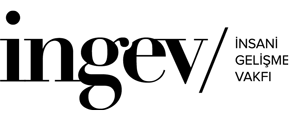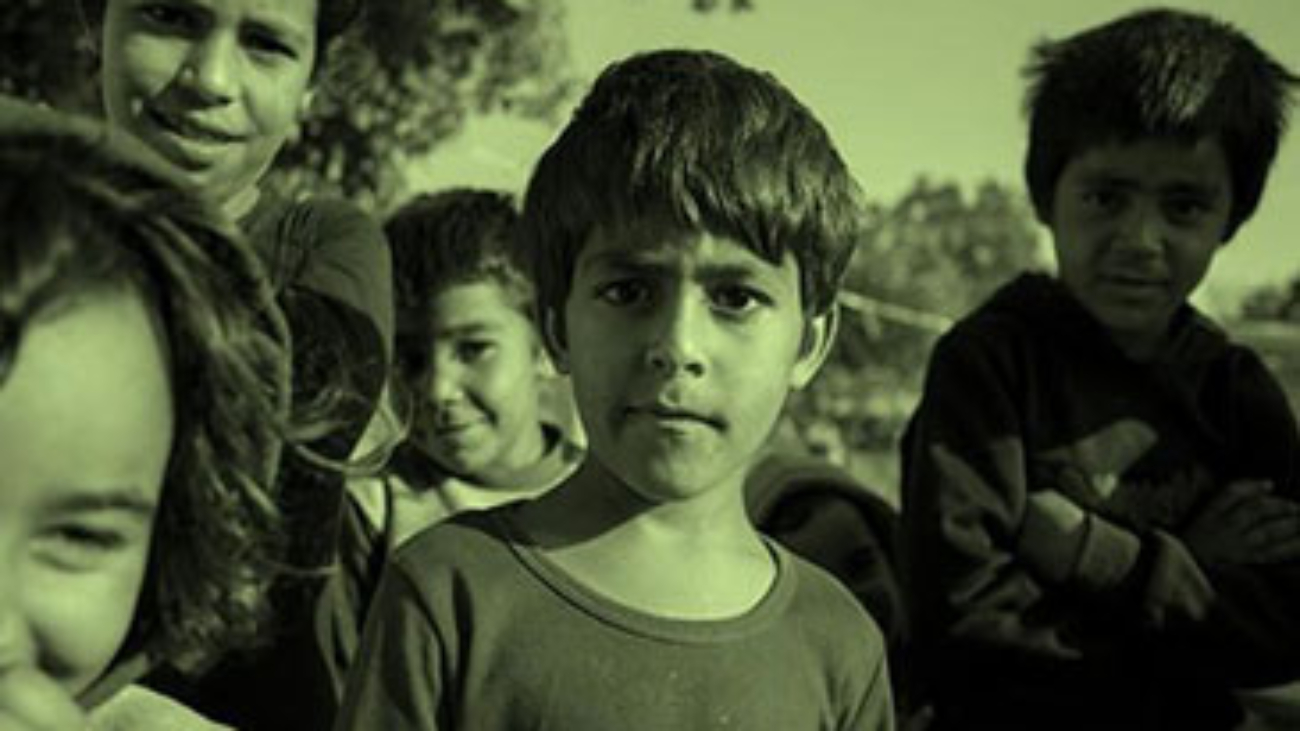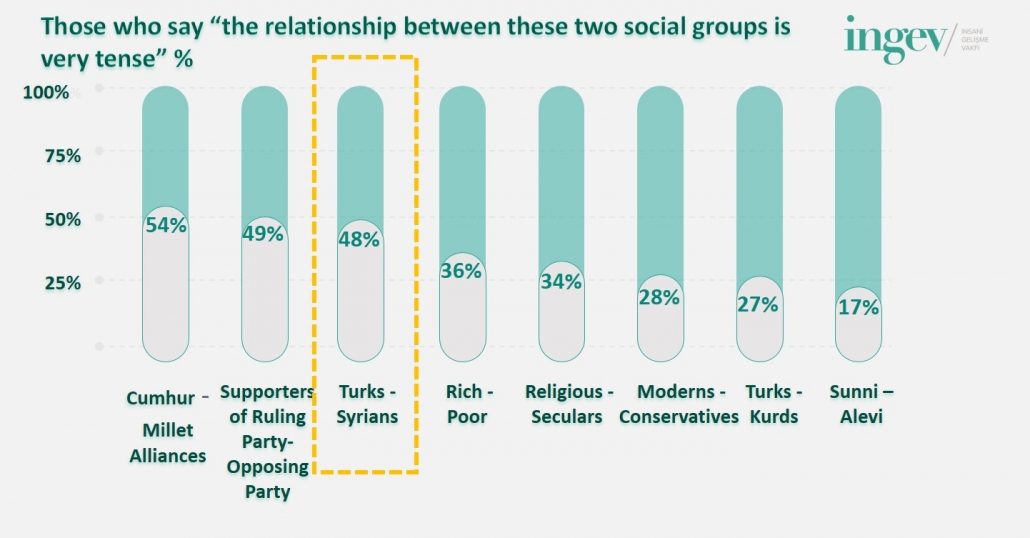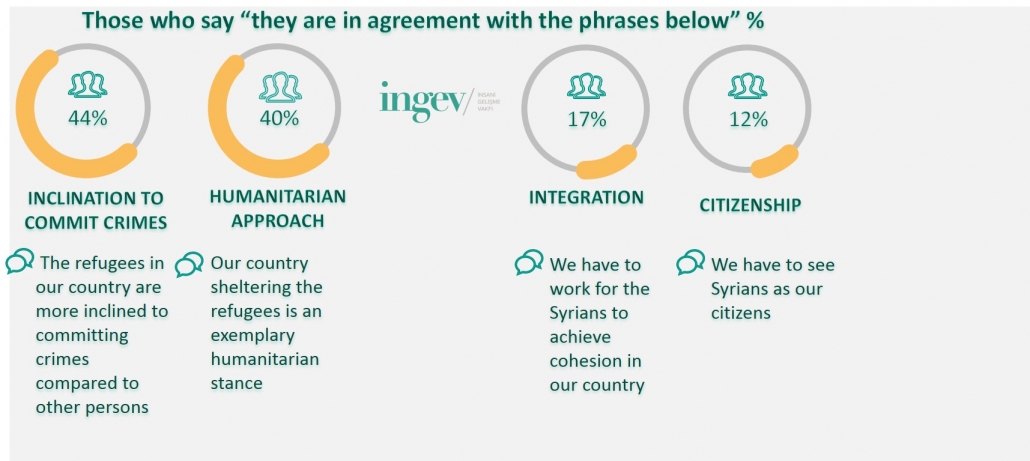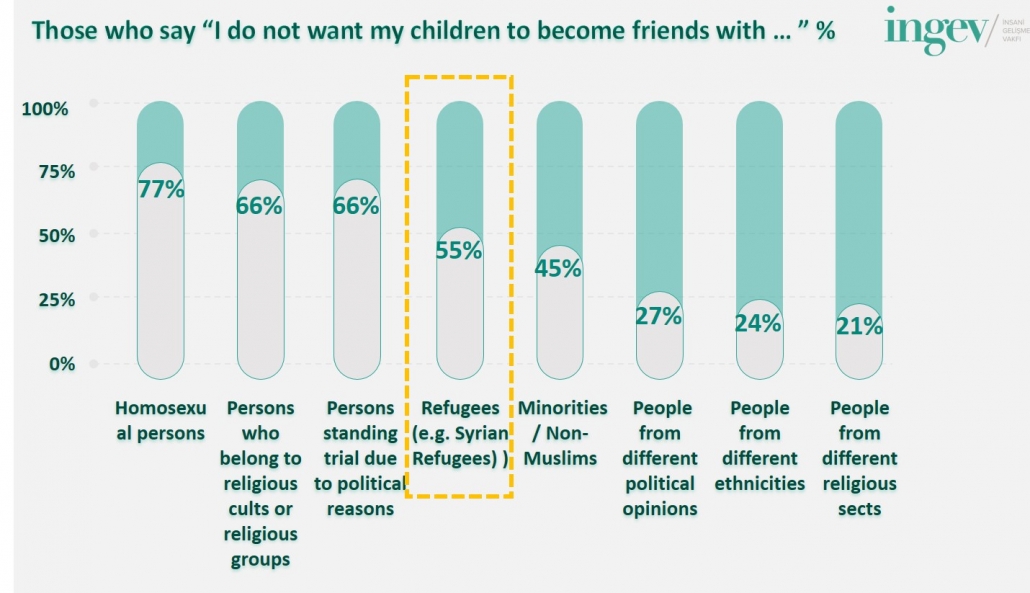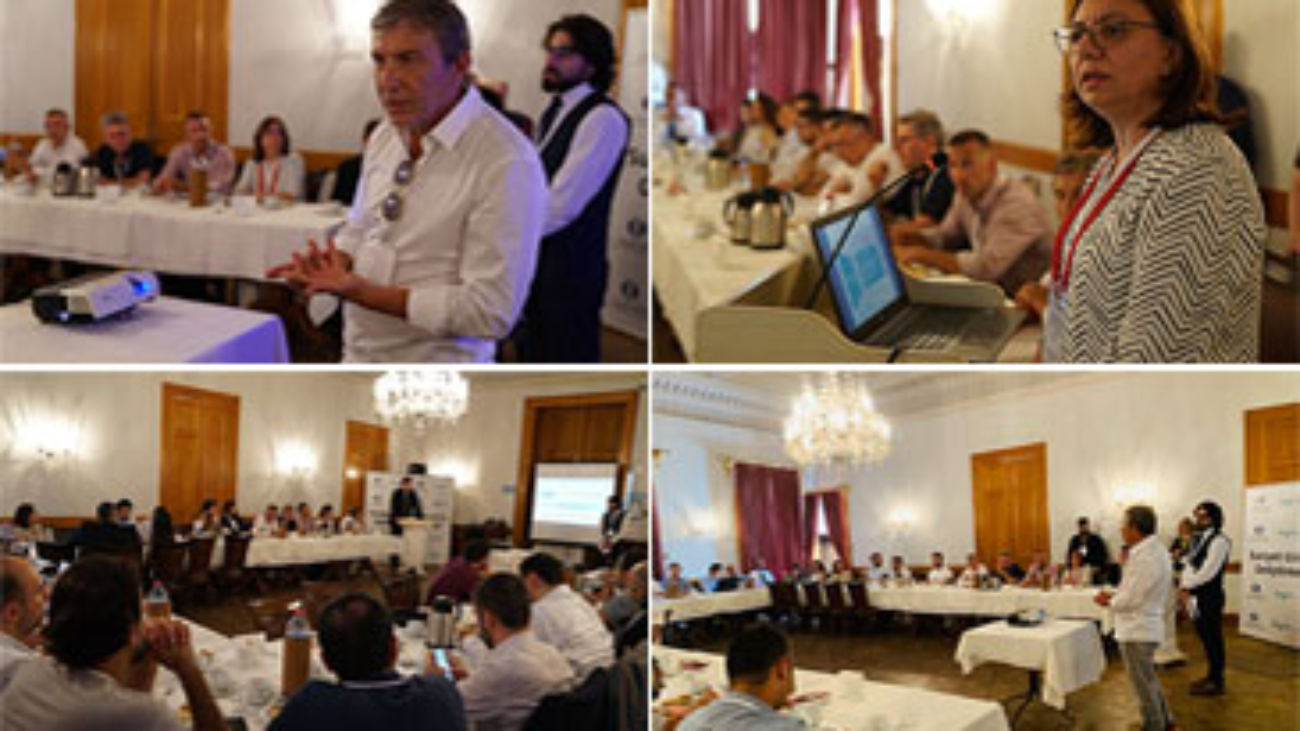Cyber Bullying Research from İNGEV
Everyone may be cyber bully or victim of cyber bullying without being aware…
Completing its cyber bullying study and sharing with relevant institutions, İNGEV drew attention to the danger. Awareness on cyber bullying is very low; neither those who commit nor those who become a victim to cyber bullying are aware of what is happening.
Primary assessments received from the report that was prepared by İNGEV TAM (Social Research Centre) are as follows;
Those who have no information on cyber bullying – 77%
The sum ratio of those who have no opinions about cyber bullying and those who have very little opinion occurs to be 77%. In this environment of communication where smartphone ownership encompassed the whole society and social media use was observed in early ages, such low level of awareness on cyber bullying constitutes a significant threat. It is of much importance that this threat developing rapidly and sneakily is perceived while combating physical bullying and violence. If such awareness does not rise, an atmosphere with dangerous reflections to occur since very early ages will begin to be dwelt in. As those who commit bullying will think what they do is normal, the victims will never know what they suffered and how to handle it.
Those who faced at least one cyber bullying act – 28%
There are many behaviours defined under cyber bullying. Some happen to commit such like an ordinary social media action within daily life. The most frequently experienced type of bullying is being called by phone or receiving messages insistently despite not desiring these. The ratio of those who mention they were harassed in this manner occurs to be 19%. Second place belongs to sexual harassment on cyber environment. The ratio of those who mention they received disturbing messages with sexual content occurs to be 11%. Although there have been recent studies on safety of personal data, the third place still belongs to access to and utilisation of personal data without permission (10%). Evaluating all in their entirety, it is observed that
more than a fourth of our society faced bullying. The study does not cover children as per its technique. İNGEV considers that this ratio may be even higher among children.
A point worthy of particular attention is that those who are exposed to bullying may avoid sharing this. As İNGEV we interpret that the actual numbers are higher than these numbers.
Those who committed cyber bullying behaviour at least once – 26%
A major part of the individuals are not aware that what they do is criminal or problematic acts. When certain acts are mentioned individually and they are asked whether or not to have committed these, they answer honestly. The three most commonly committed acts occur to be “I called and messaged someone insistently without permission” (10%), “I insulted someone due to the opinions they shared on the internet” (8%) and ”I got angry and sent humiliating, demeaning or threatening messages to my lover” (8%). Evaluated together, it is observed this time that again a fourth of the society committed cyber bullying.
Due to low awareness, someone who faced cyber bullying at one occasion may happen to become a bully at another occasion. 52% of those who committed bullying are victims at the same time. They may happen to think that the act is ordinary in both cases.
In such a time when the age of using smartphones dropped towards earlier than elementary school ages, the society having such common negative adult models is particularly dangerous.
As İNGEV, we consider that the risk of cyber bullying grows at both directions and necessitates active intervention.
Victims take care of themselves (63%); 34% of the bullies are from the victims’ inner circles
The low level of awareness also reflects in the aspect of not knowing what to do when exposed to bullying. 63% of the cyber bullying victims attempt to find solution by themselves. The male – female difference is also pretty distinct. Men are more withdrawn and attempt to handle the problems themselves, while women are more inclined towards seeking help from their inner circle (especially family) or trying to take legal action. An important reason behind why the women trying to take legal action is that the cases they face are relatively severe compared to men.
34% of those who face cyber violence mention that such act came from their inner circle, their acquaintances. Also considering those who avoid sharing their problems, it is observed that the aspect of family and inner circle that is most commonly faced in regards to physical violence occurs to continue also in the cyber realm.
It is high time for awareness programmes; we have to build a new social media culture without delay
The social media environment has become one of the most unavoidably important parts of our lives. 78% of our society is connected somehow with Facebook, followed by 74% with Instagram and 31% with Twitter. Environments such as WhatsApp and Telegram have become the main tools of communication. In short, communication has more and more been transferred from the physical to the cyber environment.
INGEV study shows that the violence in cyber environment also transferred into a content that is different from the “traditional” definitions and actualisations. Campaigns and programmes that raise awareness on cyber bullying have become urgent and crucial. We face a grave danger of cyber bullying becoming “normalised” in this environment where a fourth of the society become involved in without being aware of it. Cyber violence has triggered many traumatic incidents leading even to suicide in recent years, particularly in western societies. A significant problem is building up behind the curtain, beyond those we know and condemn as violence.
For Communication: INGEV- 0216 540 50 21
About İNGEV: İNGEV supports human development by developing practical projects that empower vulnerable society segments, studies that steer policy decisions, and social marketing campaigns. İNGEV is a non-governmental organisation without political intentions and believes in cooperation, shared wisdom and technical quality.
Study data is based on 1.358 surveys representing Turkey that were conducted by way of phone interviews in 26 provinces according to Nomenclature of Territorial Units for Statistics between the dates 8 and 31 May. Margin of error is ±2.7% for 95% confidence interval.
INGEV TAM studies, analyses and transforms into social policy recommendations the social developments through the periodically conducted Human Development Monitor and other studies.
34% of those who face cyber violence mention that such act came from their inner circle, their acquaintances. Also considering those who avoid sharing their problems, it is observed that the aspect of family and inner circle that is most commonly faced in regards to physical violence occurs to continue also in the cyber realm.
